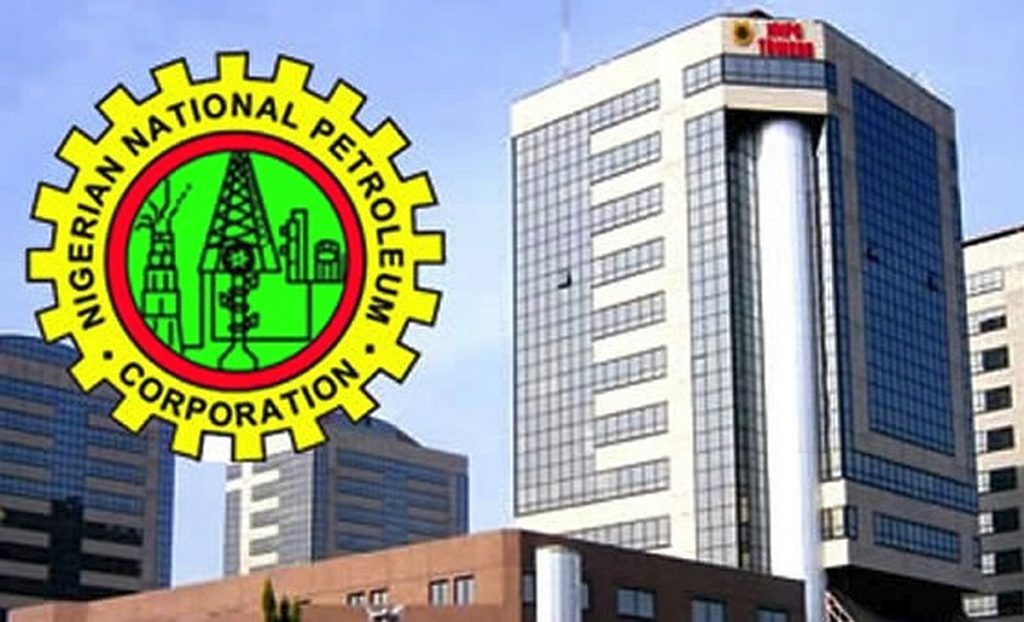BUSINESS
Rehabilitation in PH refinery still ongoing – NNPC

The Nigerian National Petroleum Corporation (NNPC) has said that the rehabilitation of the two Port Harcourt Refineries were still ongoing.
Mr Ndu Ughamadu, the Group General Manager, Group Public Affair Division disclosed this to our reporter in Abuja, on Monday.
The first refinery in Port Harcourt was commissioned in 1965 to process 60,000 barrels of oil per stream day (bpsd), as well as the second plant commissioned in 1989, which has a capacity of 150,000 bpsd.
It was reported that both refineries have a combined capacity of 210,000 barrels per stream day making it the biggest oil refining company in Nigeria.
They both had the last Turn Around Maintenance (TAM) in 2000.
Ughamadu said that the rehabilitation was part of government’s effort to get the refinery working, adding that the consultant and the contractors engaged by the NNPC were still on ground working.
“The rehabilitation effort in the Port Harcourt Refinery is still on and the contractors are there with the consultants and ENI is equally there.
“As we said earlier, we are funding the rehabilitation from internally generated revenue, because all our effort to get external financiers did not work because their terms were not in terms with what we expected,’’ he said.
He said that the contractors were still working within the time frame and might conclude what they were doing before the given time frame.
“Our expectations are that after the rehabilitation of the Port Harcourt refinery, we will kick-start that of the other two refineries.
“We just want to use the Port Harcourt as an example,’’ he added.
It was reported that in March 2017, a Memorandum of Understanding (MoU) was signed between Italian oil giant, ENI and NNPC in Rome.
In the MoU, ENI was committed to the refurbishment of the Port Harcourt Refinery.
Also, in March 2019, the former Group Managing Director of NNPC, Dr Maikanti Baru led the Federal Government delegation to inaugurate the rehabilitation of Port Harcourt refineries.
He said that the rehabilitation would be in two phases, adding that both the ENI and the original builders would participate in the process.
According to him, it is part of government’s effort to achieve 90 per cent local refining capacity.




 Davido's Net Worth & Lifestyle
Davido's Net Worth & Lifestyle 
